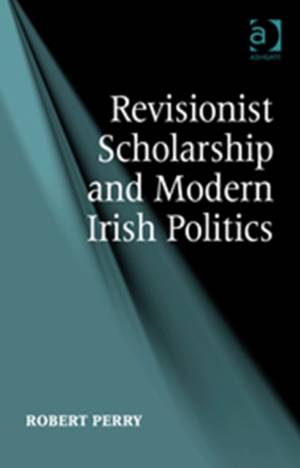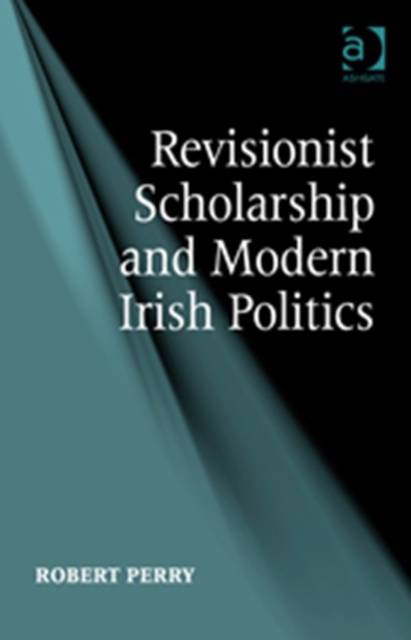
- Afhalen na 1 uur in een winkel met voorraad
- Gratis thuislevering in België vanaf € 30
- Ruim aanbod met 7 miljoen producten
- Afhalen na 1 uur in een winkel met voorraad
- Gratis thuislevering in België vanaf € 30
- Ruim aanbod met 7 miljoen producten
Zoeken
€ 195,95
+ 391 punten
Omschrijving
Almost nowhere are politics and history so intimately bound up as in Ireland. Over the course of several hundred years rival political and religious camps have shaped their identities according to particular interpretations of their shared history. As such, any re-examination and revision of Irish history has the potential to have a very real impact upon wider society. Defining revisionism in historiography as a reaction to contemporary conflict in Ireland, this book looks at how intellectuals, scholars and those who were politically involved, have reacted to a crisis of violence. It explores how they believed that revisionism in historiography was necessary - that a deconstruction, re-evaluation, and revision of ideology and therefore history was crucial in such a crisis of violence. This at times provocative approach seeks to better understand, clarify and de-mystify the ongoing revisionist debate in Ireland, through a critique and exposition of the theory of change and the process and product of change. Perry argues that revisionism should not be seen as solely a neutral form of academic or intellectual discourse, but one that is fundamentally linked to politics at the widest possible level; that revisionist assumptions underpin the validity and legitimacy of partition and the Northern Ireland state; that revisionism is widely judged to be anti-nationalist and pro-unionist; and that it is myopic with regard to the shortcomings of loyalism and unionism and has therefore a related ideological effect, if not intended purpose.
Specificaties
Betrokkenen
- Auteur(s):
- Uitgeverij:
Inhoud
- Aantal bladzijden:
- 192
- Taal:
- Engels
Eigenschappen
- Productcode (EAN):
- 9781409451273
- Verschijningsdatum:
- 30/08/2013
- Uitvoering:
- Hardcover
- Formaat:
- Genaaid
- Afmetingen:
- 156 mm x 233 mm
- Gewicht:
- 519 g

Alleen bij Standaard Boekhandel
+ 391 punten op je klantenkaart van Standaard Boekhandel
Beoordelingen
We publiceren alleen reviews die voldoen aan de voorwaarden voor reviews. Bekijk onze voorwaarden voor reviews.











